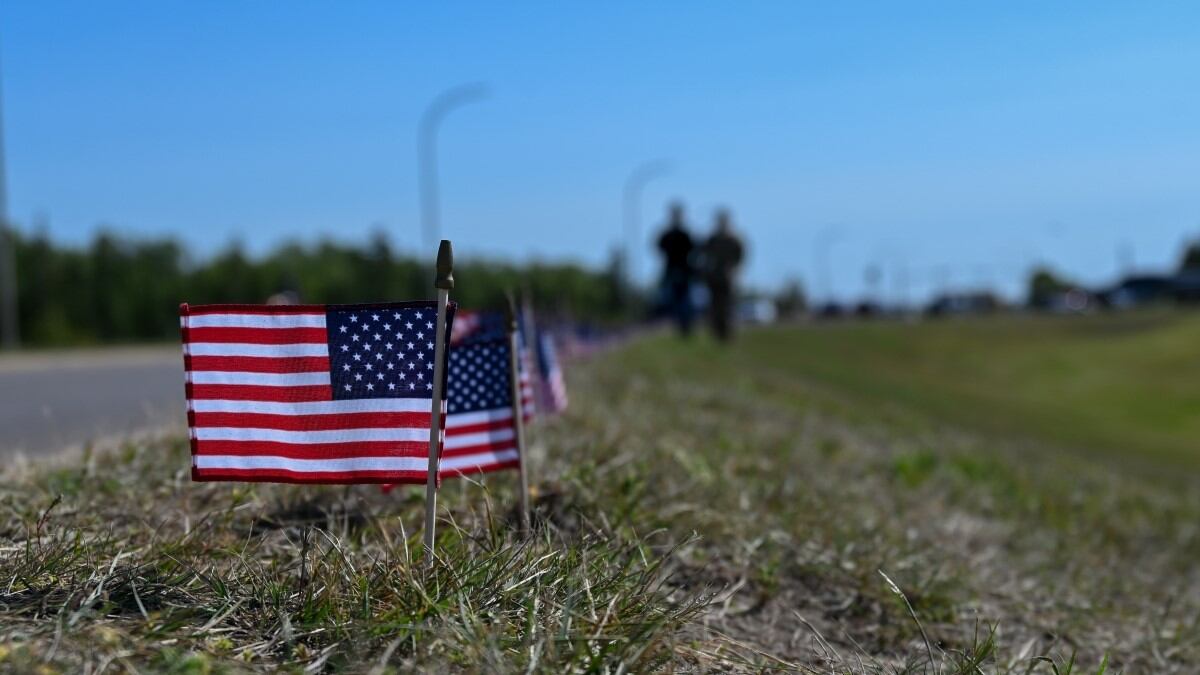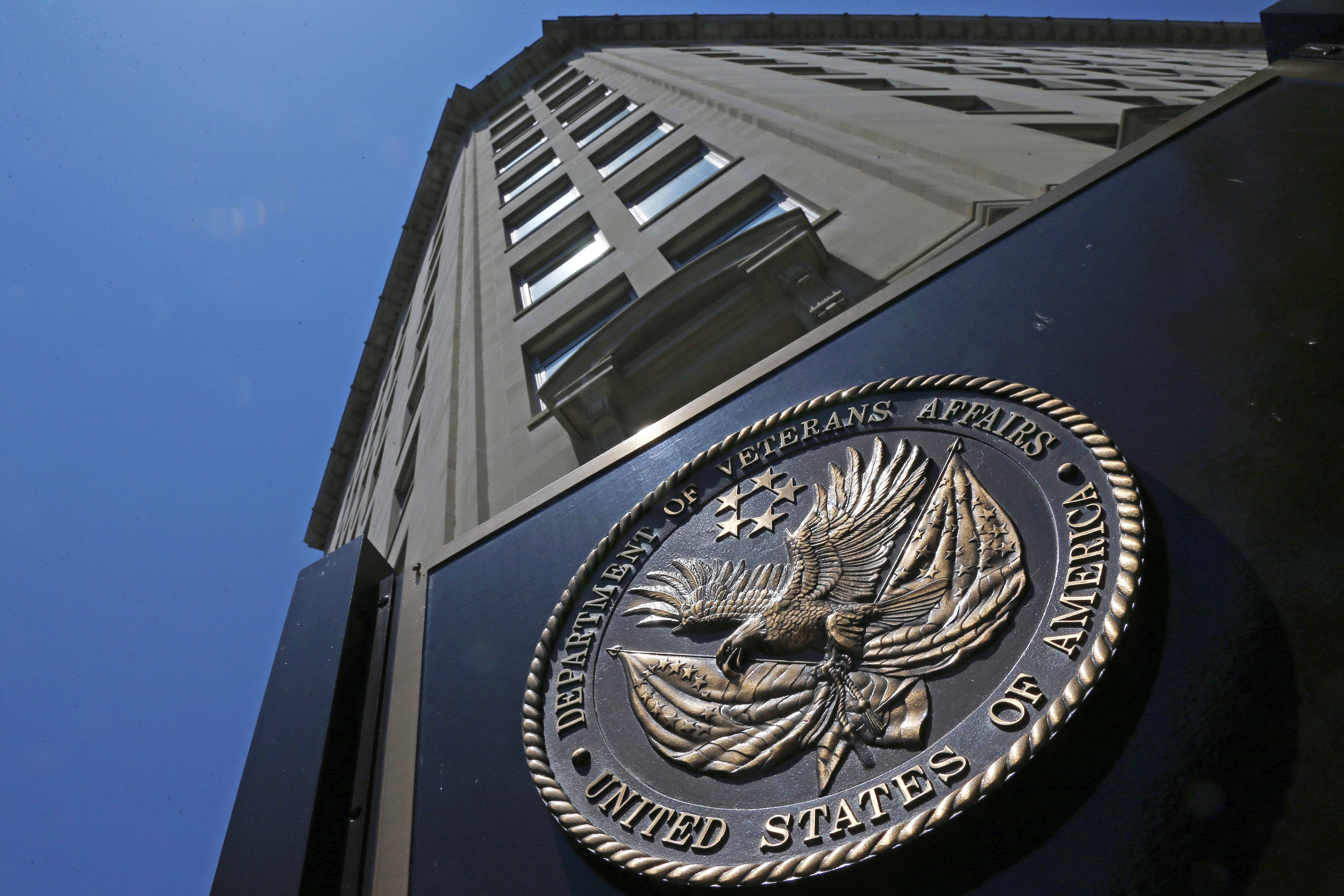You don't need to encrypt your tweets or pixilate all of your Facebook pictures to avoid being hacked by the Islamic State terrorist group or other bad guys.
Cybersecurity became even more important for airmen and their families recently when the Islamic State group posted names, pictures and addresses of 100 service members, whom it called on its supporters to kill. It appears that most of the troops on the list were featured in Defense Department news releases and pictures, according to the Daily Beast.
While the troops' personal information may not have been stolen, it is important to think about what information about you and your family that hackers can glean about you and your family from what you post on social media.
Fortunately, tThere are practical steps that airmen and their families can take in order to avoid unwittingly providing provide useful information to people who want to harm them, said Col. Mary Hanson, the Air Force's senior information security officer.
Before you post something on social media, think about whether you are putting yourself or someone at else at risk first, Hanson told Air Force Times in a March 27 interview.
"if you put pictures out there, ... are you posting, does it have Geotags associated with it, where they can see your address or where you live or other things that you may not want them to know?" Hanson said.
"Another thought is iIf you have pictures of all your family and all your pets and things like that, without realizing it, are you telling them things that maybe are part of your passwords? 'Gee, my dog's name is one of my passwords, and there is Fido out there on the Facebook with his name.' "
A good rule of thumb is not to post information on social media that you would not want a stranger to have, Hanson said.
"Are you going to give a stranger your phone number?" she said. "Are you going to give a stranger your address? Are you going to give a stranger your email? Food for thought."
The FBI has warned service members social media to delete all personal information from their social media accounts to avoid being targeted by the militants, but Hanson said the Air Force prefers providing airmen and their families with tips of how to be safe rather than telling them what information they cannot post online.
"Air Force highly values education," she said. "We want to make sure that people understand that cybersecurity is everyone's responsibility."
These days, airmen and their families likely have dozens of passwords to remember. While passwords are important to protect your personal information, coming up with them does not have to be labor intensive, Hanson said.
"If you can think of a pass phrase that reminds you of whatever your account is," she said. "For example, something like 'mymoneybags' for a bank account. And then if you go back to that pass phrase and maybe capitalize the individual words – like capitalize 'My' and then 'Money" and then 'Bags,' – because that makes it more secure. Then change some of those letters to characters."
You should not write down your passwords – either on a hard copy or a computer file – because thieves could gain access to both, Hanson said. Never tell a third party your passwords, no matter how much you trust that person.
Airmen and their families should also be on the lookout for phishing emails, which steal your data by directing you to a bogus website or asking you to download a virus, Hanson said. If you get an email that claims to be from your bank, don't respond. Call up your bank instead.
"Banks and government organizations and things like that will not ask you for bank account numbers, Social Security numbers and personal information like that in email," she said. "So if you get emails that are asking for that type of information, you want to be suspect."




